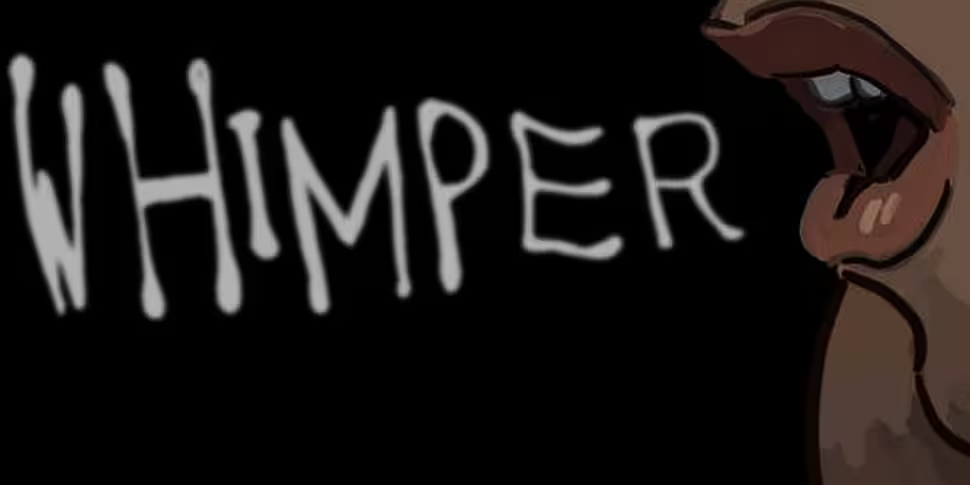When it comes to how women and men are portrayed in books, some very big differences can be seen in the frequency of words chosen by the author.
That’s what data scientist Ben Blatt determined when he carried out a statistical analysis of 300 books, poring over the syntactic selections in 20th-century literary classics, recent bestsellers, and recent literary award winners.
As part of his book Nabokov’s Favorite World is Mauve, which incidentally reveals what word the Lolita scribe was most fond of using, Blatt investigated which words were employed by writers when talking about male and female characters.
For the female figures, the five most disproportionally used verbs were: shivered, wept, murmured, screamed, and married. For their male counterparts, the five verbs were the rather more active: muttered, grinned, shouted, chuckled, and killed. The research also found that “male character are about twice as likely to grin as female ones.”
Stereotypes
After first analysing which words were being used to describe the actions made by female and male characters, Blatt also took a look at the gender of the author, revealing that the verb ‘interrupt’ became a gendered trope.
“In each of our three categories (classics, popular fiction, and literary fiction), male writers are at least 75% more likely to have their female characters interrupt than their male ones,” Blatt wrote in The Wall Street Journal. “Meanwhile, female authors didn’t discernibly differ in the frequency with which they have their characters of both genders interrupt.”
Female authors were also prone to using gendered stereotypes when it comes to describing men in their books. The research found that although women writers were far more likely to have their male creations ‘sob’ than male writers do, female writers were also less likely to describe their male characters’ sense of fear.
“”Female authors use sob at about the same rate for their male and female characters – but male writers hardly ever use it to describe their own male characters. Male authors, consciously or not, to hold that if ‘real men don’t cry,’ then ‘fictional men don’t sob.’
“On the flip side, male authors describe their male and female characters as fearing at about the same rate – but female writers refrain from having their male characters fear things. Overall, they are about twice as likely to use the verb fear when talking about women rather than men.”









